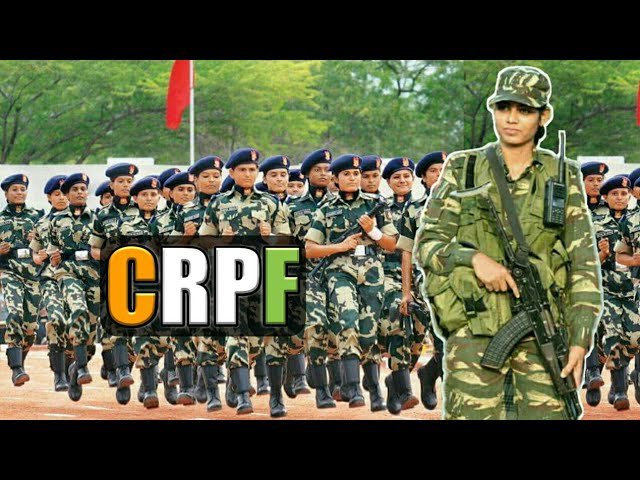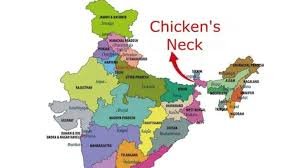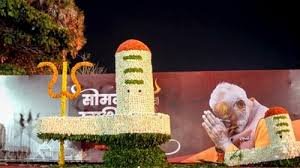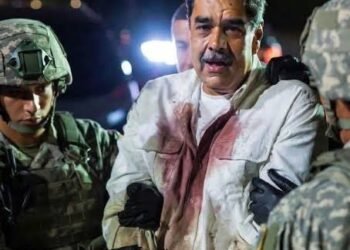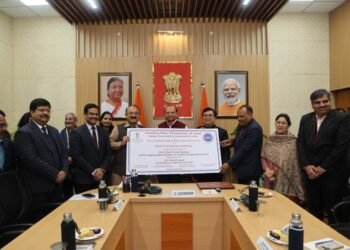The court observed that the CRPF’s self-defense claim was contradicted by witness accounts, finding “indiscriminate firing” against fleeing protesters at the CM’s bungalow.
By PC Bureau
October 29: In a landmark development nearly two decades after one of Manipur’s bloodiest uprisings, the Court of the Chief Judicial Magistrate, Imphal West, on Tuesday rejected a closure report filed by the Central Bureau of Investigation (CBI) and issued summons to 17 personnel from the 81st and 121st Battalions of the Central Reserve Police Force (CRPF).
The personnel have been directed to appear before the court on November 25, 2025, to furnish documents and participate in committal proceedings. The court took cognizance of offences under Sections 302 (murder) and 34 (acts done by several persons in furtherance of common intention) of the Indian Penal Code in connection with the killing of 14 civilians during a violent protest outside the Chief Minister’s bungalow on June 18, 2001.
The summons mark a rare judicial pushback against the CBI’s move to close the case on grounds of self-defense and come amid renewed scrutiny of alleged extra-judicial killings in Manipur.
READ: Opinion: The Myth of Naga Sovereignty — Power, Politics, and the Fragmented Dream
The 2001 Manipur Uprising
The unrest erupted after the Centre extended a ceasefire with the Naga insurgent group NSCN-IM beyond Nagaland, sparking fears over Manipur’s territorial integrity. Over 50,000 protesters, largely from the Meitei community, stormed government offices, including the Chief Minister’s Secretariat. The violence led to the destruction of BJP, Samata Party, and Congress offices.
CRPF personnel opened fire at two locations — the Raj Bhavan, where three people died, and the CM’s bungalow, where most casualties occurred. The Justice C. Upendra Inquiry Commission (2001) later condemned the “ill-considered and unnecessary” use of force, noting that firing continued even as the crowd dispersed.
CBI Probe and Court’s Observations
Following directives from the Supreme Court in response to a 2016 PIL filed by EEVFAM and Human Rights Alert, the CBI took over the case in December 2018. It submitted a closure report in October 2020, citing lack of evidence due to missing case files and asserting that the firing was done in self-defense.
However, after victims’ families filed a protest petition, the court rejected the closure under Section 173 CrPC. Magistrate Sorokhaibam Sadananda observed that the self-defense claim was “apparently contradicted” by eyewitness accounts and forensic findings, which showed victims were shot while fleeing.
The court further held that CRPF personnel could not claim protection under Section 132 CrPC as sufficient material suggested they “exceeded lawful powers” and resorted to “indiscriminate firing,” causing 11 deaths at the CM’s bungalow. Calling the closure “premature,” the court warned it would “subvert justice.”
Families’ Fight for Justice
EEVFAM representatives hailed the order as “justice delayed but not denied.” One family member said, “I still remember the CRPF firing several rounds at agitators in front of the CM’s bungalow. We’ve waited 24 years for accountability.”
The petitioners have demanded a fresh probe, emphasizing the human toll of the 2001 unrest. Activists have warned that without prosecution sanctions against central forces, such inquiries risk becoming symbolic.
The ruling comes amid renewed ethnic violence in Manipur since May 2023 between Meitei and Kuki-Zo communities, which has displaced more than 18,000 people. The Supreme Court is also monitoring cases related to destruction of properties and alleged state complicity.
CRPF officials were unavailable for comment. The force has also faced separate inquiries into internal incidents, including a February 2025 fratricide case.
So far, out of 39 cases probed by the CBI into alleged extra-judicial killings in Manipur, only 14 charge sheets have been filed against 78 state police personnel, with none yet against central forces.


